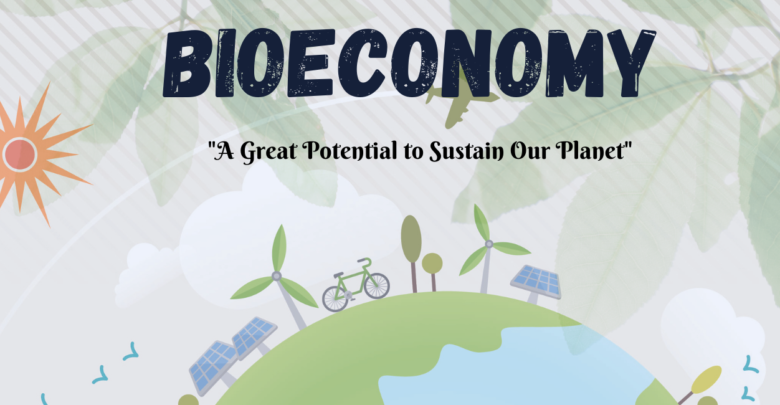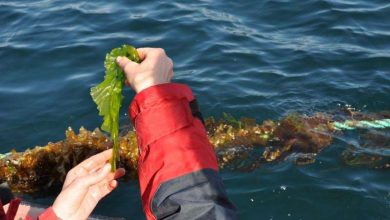
Investing in more science and innovation to support a growing, sustainable bioeconomy will help to build Africa’s resilience against future crises, the 10th Malabo Montpellier Forum heard.
The bioeconomy, broadly referring to the production and use of renewable biological resources, was also the focus of a report launched at the meeting. In ‘Nature’s Solutions: Policy Innovations & Opportunities for Africa’s Bioeconomy’, the Malabo Montpellier Panel of 18 leading scientists set out how African biosolutions such as mosquito-repelling plants and cooking fuel made from fruit waste can help create greener, stronger economies across the continent.
The vital role of regional efforts
Held in a virtual format on Tuesday, May 24, the Forum brought together representatives from African governments, the private sector, civil society and others to explore the opportunities for the African bioeconomy. The meeting, which first outlined the report findings and recommendations, also included a policy roundtable with a wide range of stakeholders.
Participants raised the issue of how countries can learn from each other, but also how local bioeconomies can amplify one another, acting as mutually reinforcing drivers of growth.
Citing East Africa as having recently become the first economic bloc to have a regional bioeconomic strategy, Dr. Julius Ecuru, head of BioInnovate Africa – a regional science and innovation-driven initiative – emphasized why this is crucial for a strong bioeconomic landscape on the continent.
“We need cooperation in science and technology at a regional level to leverage each other’s scientific expertise and capabilities,” he said. “We need economies at scale at the regional level to effectively participate in the global market.”
Innovating African solutions
In closing the event, H.E. Dr. Assia Bensalah Alaoui, Ambassador at Large to His Majesty King Mohamed VI of Morocco and Co-Chair of the Malabo Montpellier Forum, underscored the need to galvanize support for innovation. In her closing remarks, she called for more investments in education, research, and development to create homegrown solutions.
“We have to develop our own approaches. Bioeconomics allows us to leverage our own natural wealth and human capacity to build durable, sustainable, solutions,” she said.
The need for resilience
In his speech, H.E. Hailemariam Dessalegn, Former Prime Minister of the Republic of Ethiopia and Co-Chair of the Malabo Montpellier Forum, stressed the need for resilience – a concept often interlinked with the bioeconomy.
As he described how the war in Ukraine was testing Africa’s ability to withstand shocks and prolonged stress, he noted the urgent need for new, nature-friendly approaches.
“Developing a sustainable bioeconomy for Africa could not be more timely,” H.E. Hailemariam Dessalegn said, remarking on the theme of the report. “It is of particular importance this year, with the UN biodiversity and climate conference on the horizon.”
The holistic ambitions of bio-driven solutions were further discussed by Eng. Dr. Dorothy Okello of Makerere University. In her presentation, she underlined how a well-developed bioeconomy can help the continent tackle not only environmental challenges, but a wide set of global development issues.
“A sustainable and secular bioeconomy can serve a broad range of development needs, from food and nutrition to energy and decent jobs,” she explained.
The Malabo Montpellier Forum is a group that meets twice per year, acting as a platform to facilitate dialogue and exchange among high-level decision-makers to help propel African countries towards inclusive economic growth.
A recording of the 10th iteration of the Forum can be viewed here.







